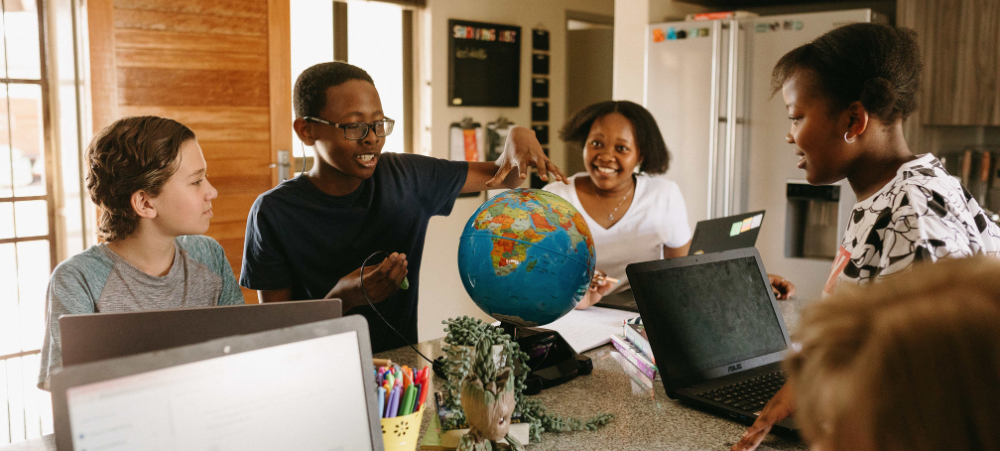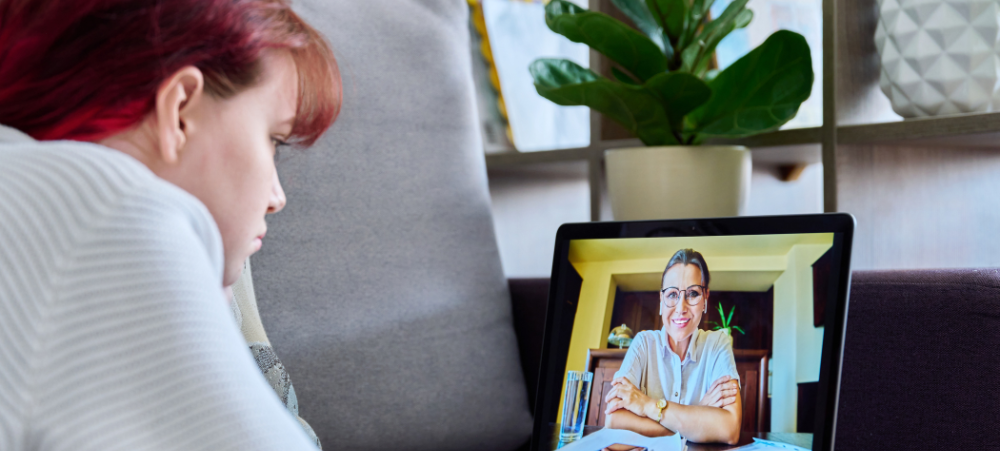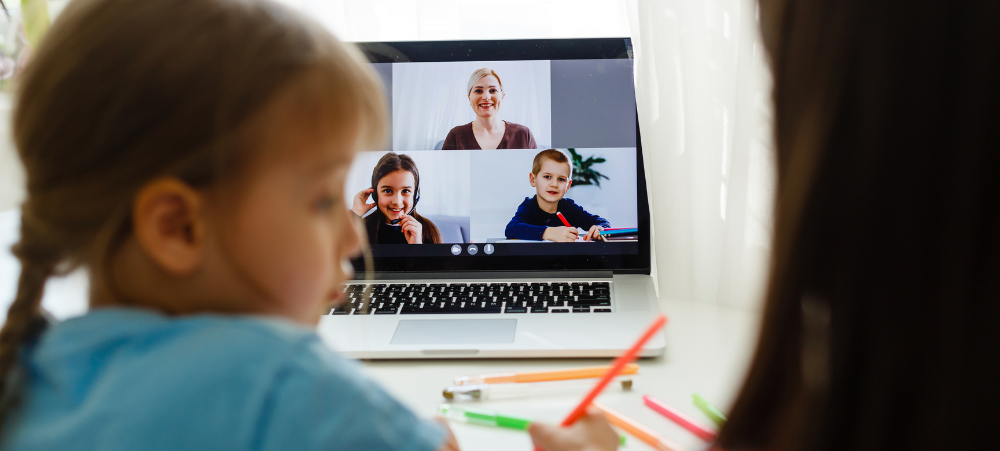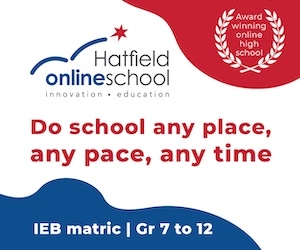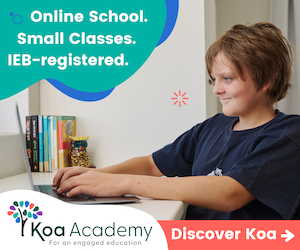
It’s our Essential Learning Course
Educ8 SA has been around for 6 years now and have thousands of students…all learning on a fantastic platform. The curriculum is easy to navigate, user-friendly and comes at an affordable price. We have a tried and tested curriculum that we are very proud of. We believe that a good beginning, never ends! And you can start any time with us. If you are listening today and need a change and something that’s just easier for your kids, you have found us today on radio and we are here to assist. Start your Individualized Learning Program today! We offer 26 different subject components from Preschool to Gr. 12. If your kids are struggling and have learning Gaps? Not a problem for us, our program is remedial, we will find and fix the missing learning gaps! Can this curriculum be used as a full curriculum? Yes, it can be. As I mentioned before, my kids are on this amazing programs and use it as a full curriculum. We cover grade levels preschool to grade 8 and have the American high school diploma, grade 9 to 12. We also have the GED, which is equivalent to our Grade 12. The program is designed to cover skills instead of outcomes, therefore it can be used along side any curriculum and used as a full curriculum or as supplementary to any other curriculum. It’s a 100% Integrated Curriculum This is the ONLY completely integrated curriculum covering: Math – Fact Fluency – Number Sense – Reading Stories – Reading Skills – Science – Social Studies – Phonics – Letter Names Letter Sounds – Phonics Spelling – Early Reading Trio – Sight Words Foundational Reading – Spelling Rules – Language/Grammar – Vocabulary – Spelling List – Writing Workshop – Early Writing – Writing Assignments Tell us a bit more about your key features. Our Key Features: Touch Curriculum Thousands of manipulatives designed for greater engagement and deeper learning Personalized Learning We provide an individualized Education Plan for each student Built-in Engagement Badges, Games, Contests, Messenger, Vibes, Daily Challenges, Daily Comics and more. Find and Fix Identify and fix learning gaps Proven 2X Results Which means that our curriculum sets the standard in effectiveness All Subjects 26 subjects from Math to Science to Early Reading to Phonics Complete Solution Progress Monitoring, Diagnostic Tests, Assessments & Prep & more… What are some of the subjects? Science It’s a revolutionary way to teach science! It engages students and teach cognitive skills. Mastery is tracked with quizzes and chapter tests. Social studies Teaching Social Studies will never be the same. Engaging lessons cover geography, economics, government, history, and essential social studies skills and practices. Maths Adaptive algorithms are used to find and fix missing skills with targeted lessons that include “Teach Me” Lessons, interactive sessions, and targeted practice. Students increase an average of 1.5 grade levels with just 40 hours of practice. Language The Language module transforms grammar into more than a list of rules. Students develop a deeper understanding of the English language and learn how to employ grammar to make their writing more effective Contact Us Today! 084 685 2138 [email protected] www.educ8sa.com















